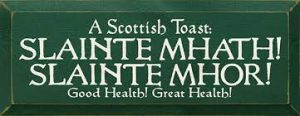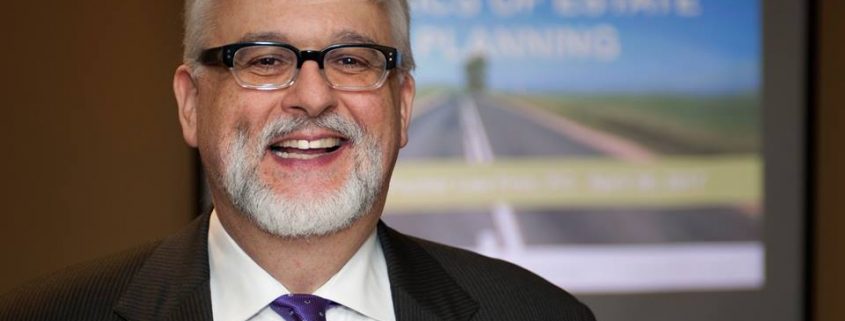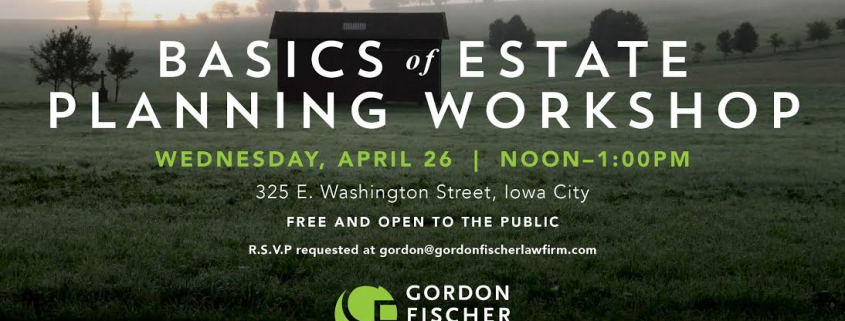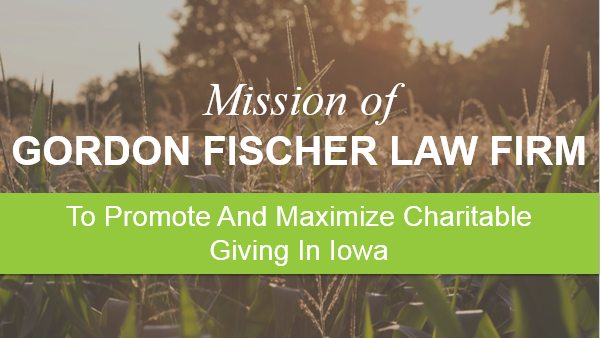Top of the morning to you! On this happy St. Patrick’s Day, let’s discuss a great charitable giving tool that we are lucky to have—the Charitable Remainder Trust (CRT).
On this holiday, we see lots of depictions of green clover. Like most clovers, this series will come in three parts. Today, we’ll discuss the very basics of trusts. In Part Two (coming soon), we’ll discuss all the ins and outs of CRTs. Part Three will feature a simple but powerful case study to illustrate how beneficial—both to donors and donee charities—a Charitable Remainder Trust can be.
Why Are Charitable Remainder Trusts So Grand?
When it comes to the legal tool we call “trusts,” I can be said to be like Molly Bloom, the heroine in James Joyce’s Ulysses:
“[my] heart was going like mad and yes I said yes I will Yes.”
Why though? What is so great about trusts, anyway?
Trusts come in an almost limitless variety, but some of the key benefits include:
- Saving taxes
- Avoiding probate
- Getting assets to your beneficiaries more quickly and easily
- Maintaining privacy
Trusts also make challenges to your property more difficult. Since they can be so useful, let’s toast trusts with a pint of Guinness. Sláinte!

Simplest Terms
In simplest terms, a trust is a legal agreement between three parties: grantor, trustee, and beneficiary. Let’s look at each of these three parties.
Grantor
All trusts have a grantor, sometimes called the “settler” or “trustor.” The grantor creates the trust, and also has legal authority to transfer property to the trust.
Trustee
The trustee can be any person or entity that can take title to property on behalf of a beneficiary. The trustee is responsible for managing the property according to the rules outlined in the trust document, and must do so in the best interests of the beneficiary.
Beneficiary
The beneficiary is the person or entity benefiting from the trust. The beneficiary can be one person/entity or multiple parties (which is also true of grantor and trustee). Multiple trust beneficiaries can have different interests in the trust property. Also, trust beneficiaries don’t have to even exist at the time the trust is created.
Trust property
A trust can be either funded or unfunded. By funded, we mean that property has been placed “inside” the trust. This property is sometimes called the “principal,” “corpus,” or the “res.” By unfunded, we mean that no property has yet been placed inside the trust.
Any Asset
Any asset can be held by a trust. Trust property can be real estate, intangible property, personal property—a farm, building, vacation home, money, publicly traded stocks, closed corporation stocks, bonds, collections (such as say, shamrocks or Guinness mugs), business interests, personal possessions (such as an antique hard owned by Nana), vehicles, and so on.

“Imaginary Container”
Leprechauns, some may argue, are imaginary. Think of a trust as an “imaginary container.” We speak of putting assets “in” a trust, but assets don’t actually change location. It’s not a geographical place that protects, say, your car, but a form of ownership that holds it for your benefit. For example, on your car title, the owner blank would simply read “The Erin G. Bragh Trust.” It’s common to put real estate such as farms, homes, vacation homes and entire accounts like bank, credit union, and brokerage accounts into a trust.
After the trust is funded, the trust property will still be in the same place before the trust was created—your land where it always was, your car in the garage, your money in the bank, your stamp collection in the study, and so on. But the property will have a different owner: “The Erin G. Bragh Trust,” not Erin G. Bragh.
Transfer of Ownership
Putting property in trust transfers it from personal ownership to the trustee, who holds the property for the beneficiary. The trustee has legal title to the trust property. For most purposes, the law treats trust property as if it were now owned by the trustee. For example, trusts have separate taxpayer identification numbers.
But, trustees are not the full owners of trust property. Trustees have a legal duty to use trust property as provided in the trust agreement and permitted by law. The beneficiaries retain what is known as equitable title, the right to benefit from trust property as specified in the trust.
Assets to Beneficiary
The grantor provides terms in a trust agreement as to how the fund’s assets are to be distributed to a beneficiary. The grantor can provide for the distribution of funds in any way that is not against the law or against public policy.
Almost Limitless Possibilities
The types of trust are almost as limitless as rainbows. Trusts can be classified by their purpose, duration, creation method, or by the nature of the trust property. Next time, let’s look at the specifics of a very helpful trust—the Charitable Remainder Trust. Until then, may the road rise up to meet you!








